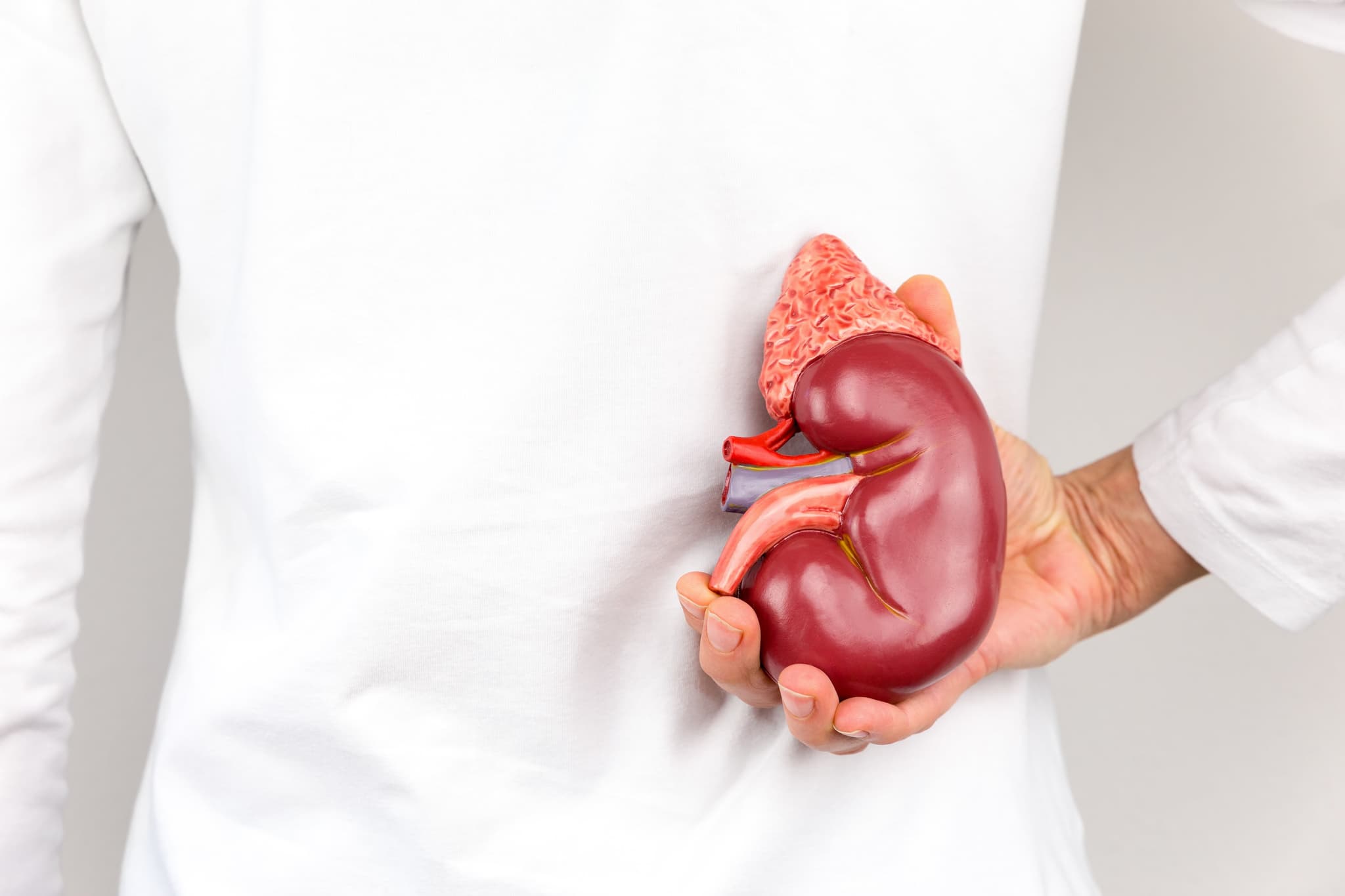
2025-01-21T10:28:42
How Thyroid Imbalance Affects Fertility: What to Know
- Endocrinology
- Family Medicine
November 9, 2016 | Endocrinology
Specialties:Endocrinology (Diabetes/Hormone Management)

As the foundation for the body’s endocrine system (a network of glands throughout the body which produce hormones to regulate bodily activities), the pituitary gland is vital for controlling growth of various parts of the body as well as other endocrine glands.
How exactly does this process work? Let’s have a look at some basic information about the most important gland in the body.
The pituitary gland is a tiny, pea-sized gland and is located near the base of the brain by the optic nerves. There are two lobes on the pituitary gland: the anterior pituitary, the front section, and the posterior pituitary, the back.
Unlike most other glands in the body, which produce specific hormones as long as they’re functioning correctly, the pituitary gland has two distinct purposes.
If the pituitary gland is having issues, it’s possible that other vital glands in the body will be affected. For this reason, complications involving the pituitary gland can affect anything from food metabolism to sexual function.
When it’s not overseeing other glands in the body, the pituitary gland does quite a bit of legwork on its own. The two lobes of the pituitary gland preside over different sets of hormones. Within the anterior lobe, the hormones produced are:
Within the posterior pituitary lobe, the hormones produced are:
Issues with the pituitary gland can cause complications all over the body. Some of the most common disorders affecting the master gland:
One of the most frequently seen pituitary disorders is the formation of tumors, which are almost never of the cancerous variety. There are two kinds of tumors:
Both kinds of tumors can have serious effects. The two most common symptoms of pituitary tumors are inverses of each other: hypersecretion, where too much of a hormone is created, or hyposecretion, where too little is created. Hyposecretion generally occurs when a tumor grows large enough to interrupt the gland’s normal processes. It can also be caused by surgery or radiation on a tumor.
If pituitary tumors are left untreated, they can reach a size where they press against either the gland itself or other parts of the brain. This can result in serious health risks.
Treatments for pituitary tumors can vary. Certain approaches include:
Also known as pituitary insufficiency, this disorder describes any case where the pituitary gland is failing to produce enough hormones. It can be related to pituitary tumors, but often isn’t. Other causes include:
Hypopituitarism isn’t particularly common, but it requires constant supervision to be managed correctly. Medications to help regulate lost hormones are the most common form of treatment, but further approaches such as hormone therapy, radiation therapy or even surgery are often necessary.
Due to its proximity to the brain, the pituitary gland can be affected by surgery or major head injuries. Symptoms and treatment options for this condition vary greatly and are decided on a case-by-case basis.
WRITTEN BY:
The Live Better Team

2025-01-21T10:28:42

2024-10-09T14:26:27

2024-07-01T13:49:28

2019-06-21T10:58:16
This information is not intended to replace the advice of a medical professional. You should always consult your doctor before making decisions about your health.